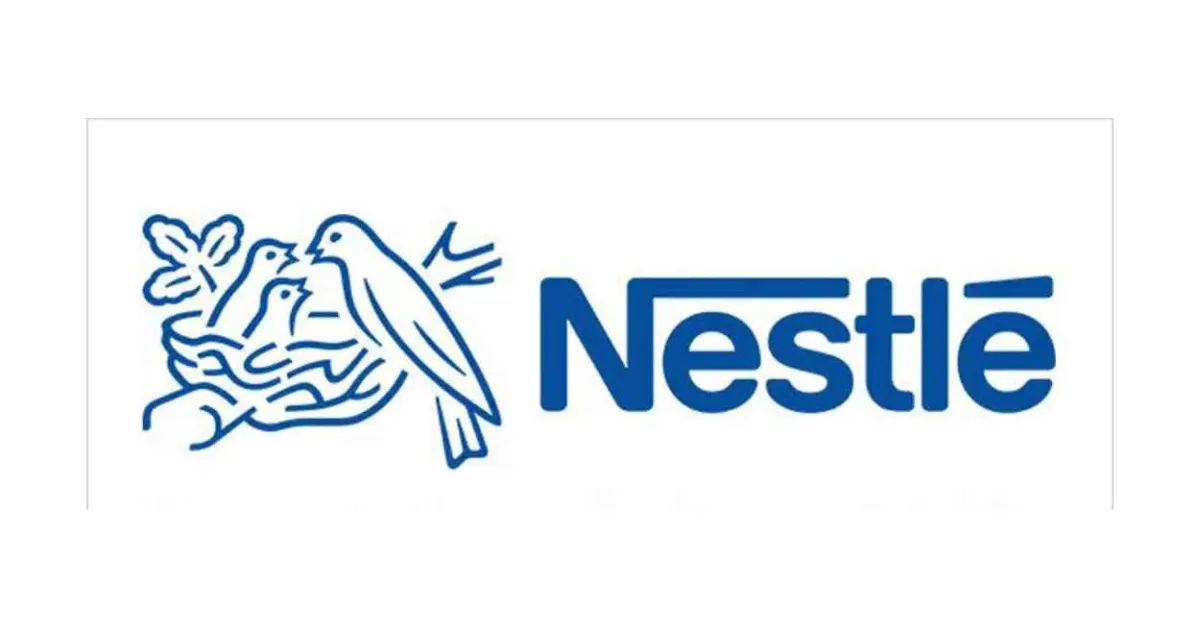Nestle, promoted in low and middle-income countries as healthy and key to supporting young children’s development, contains high levels of added sugar. In Europe and UK such products are sold with no added sugar. These are the main findings of a new investigation by Public Eye and the International Baby Food Action Network (IBFAN), which shed light on Nestle's hypocrisy and the deceptive marketing strategies deployed by the Swiss food giant.
“There is a double standard here that can’t be justified,” said Nigel Rollins, scientist at the World Health Organization (WHO), when presented with our findings. For Rollins, the fact that Nestlé does not add sugar to these products in Switzerland but is quite happy to do it in lower resources settings “is problematic both from a public health and ethical perspective.”
Rollins says that manufacturers may try to get children accustomed to a certain level of sugar at a very early age, so that they prefer products high in sugar. “This is totally inappropriate,” he believes.
Cerelac is the world’s number one baby cereal brand, with sales exceeding USD 1 billion in 2022, according to Euromonitor. Public Eye examined 115 products sold in Nestlé’s main markets in Africa, Asia and Latin America. No less than 108 of them (94 percent) contained added sugar.
In India, where sales surpassed USD 250 million in 2022, all Cerelac baby cereals contain added sugar, on average nearly 3 grams per serving.
This view is shared by the WHO, which has warned for several years now about the high added-sugar content in baby-food products. “This study stresses the need for urgent action to reshape the food environment for children,” Dr Francesco Branca, Director of the WHO Department of Nutrition and Food Safety, told Public Eye and IBFAN. “Eliminating added sugars from food products for young children would be an important way to implement early prevention of obesity.”
The WHO is alarmed that obesity is dramatically on the rise, particularly in low- and middle-income countries, where it has now reached “epidemic proportions” and is fuelling an increase of non-communicable diseases such as cardiovascular disease, cancer and diabetes. Increased consumption of ultra-processed foods, often high in sugar, is singled out as one of the main causes of this epidemic.
Nestlé did not respond to specific questions about this double standard. But the company told Public Eye and IBFAN that it “has reduced by 11% the total amount of added sugars in [its] infant cereal portfolio worldwide” over the past decade and that it will “further reduce the level of added sugars without compromising on quality, safety and taste”.














